Brussels, 15 December 2020
The Federation of the European Sporting Goods Industry (FESI) welcomes the adoption today of the long-awaited Digital Services Act (DSA) which creates new obligations and responsibilities for online intermediaries. However, FESI now calls the Council and Parliament to move further by also including mandatory proactive measures to fight more effectively against the presence of illegal goods online and better protect consumers from counterfeit and unsafe products.
“We are pleased that the e-commerce directive has finally been amended to better respond to the new reality of the digital ecosystem and the emergence of internet platforms, some of whose behavior was totally ignored by the previous legislation.”, commented Neil Narriman, FESI President and Puma General Counsel of IP. “However, we fear that without clear obligations for all intermediaries – including marketplaces, social media, host and service providers – to adopt preventive and proactive measures, the DSA will not reach its ultimate goal, which is to keep users safe from illegal goods, content and services.”, he added.
In fact, the extensive experience of FESI members in the field of brand protection proves that the current voluntary approach, while useful, remains sadly insufficient to deal with the ever-increasing number of counterfeit products. Recent EUIPO reports[1] continue to show a steady rise in the sale of counterfeit goods, particularly online. The sporting goods industry is one of the sectors most constantly and increasingly subject to infringements of its intellectual property rights. According to the last EUIPO figures[2], counterfeiting costs our industry 7.7% of sales annually, which translates into EUR 1.1 billion of revenue, 6 579 direct and indirect jobs losses, and EUR 0.2 billion in government revenue.
Despite the absence of proactive measures, FESI welcomes the introduction of a “Know Your Business Customer” principle and the notice and action mechanisms. The proposed rules on increasing transparency are also positive, but we hope that the Parliament and the Council will go a step further and propose an additional obligation for platforms to inform their consumers when they have purchased a counterfeit product. The DSA must not forget its key objective: making sure that “what is illegal offline is also illegal online”.
[1] https://euipo.europa.eu/tunnel-web/secure/webdav/guest/document_library/observatory/documents/reports/2020_Status_Report_on_IPR_infringement/2020_Status_Report_on_IPR_infringement_en.pdf
[2] https://euipo.europa.eu/tunnel-web/secure/webdav/guest/document_library/observatory/documents/reports/2020_Status_Report_on_IPR_infringement/2020_Status_Report_on_IPR_infringement_en.pdf
***
About FESI: Founded in 1960 FESI – the Federation of the European Sporting Goods Industry represents the interests of approximately 1.800 sporting goods manufacturers (85% of the European market) through its National Sporting Goods Industry Federations and its directly affiliated member companies. 70-75% of FESI’s membership is made up of Small and Medium Sized Enterprises. In total, the European Sporting Goods Industry employs over 700.000 EU citizens and has an annual turnover of some 81 billion euro.
Contact: Ariane Gatti, FESI Communication Officer / [email protected] /+32 274 08 94

